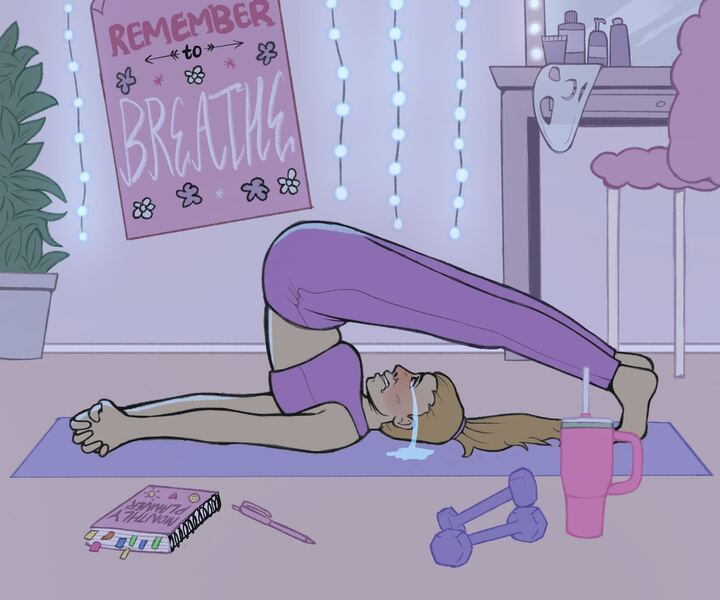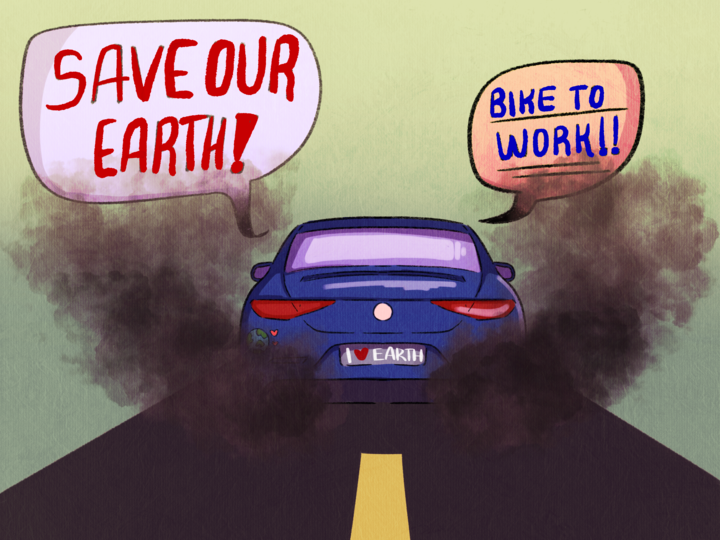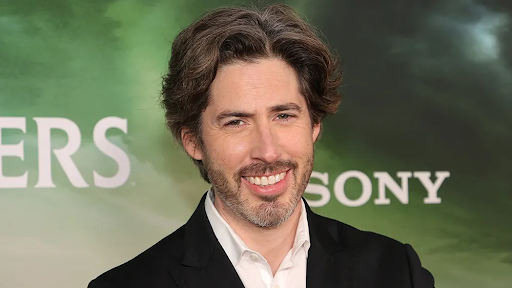TV shows are better than movies and it’s not even a close contest. In the past few years, TV shows have outpaced the average movie by generating more social buzz, developing enthralling storylines and narrowing the gap in big-name star power.
Gone are the days when we have to settle for “NCIS: (Insert City Here)” to melt our minds into a gooey mush deprived of a compelling story. Comedy shows are moving away from employing obnoxious laugh tracks and reducing the use of the Adam Sandler-esque formula of coaxing laughs from viewers by hitting a guy in the nuts.
No matter the genre, there is a surplus of amazing TV shows and I for one have a decreasing interest in watching movies because of this.
First, the time issue is a large factor in the paradigm shift from the big screen to the TV screen. People just do not want to spend an entire afternoon watching a movie that may or may not be good. Such a time commitment, especially in today’s fast-paced world, seems inconvenient and impractical.
For example, what scene was so essential to the plot that it made Marvel’s “The Avengers” over two hours long? Did we really need the extra explosions?
TV shows have more flexibility in developing stories than films. They can still develop long, complex stories, yet are not bound by as many time constraints because they can pace the show over multiple installments.
For millennials who prefer watching shows via Netflix or Hulu, being able to flip on a show for whatever amount of time you want and quickly pick it up later is convenient. Binge-watch for a weekend or watch for 15 minutes between classes – the choice is yours.
For people like me with insect-like attention spans, this is a more preferable format.
Then there’s the fact that TV shows are, on average, of higher quality. There are better stories and more interesting and complex characters. Last year, in the drama category alone, the assortment of “Fargo,” “Better Call Saul,” “Mr. Robot,” “House of Cards” and “Game of Thrones” were enough to excite anyone who enjoys spending their free time in front of a screen. Each of these shows were filled with substantial, unique elements and characters who demanded our attentions.
What movie in recent memory has brought us a character as divisive, gut-wrenching and captivating as “Breaking Bad’s” Walter White?
The format of a TV show and the long-form storytelling it allows gives writers the ability to properly develop a character into a multi-dimensional person who has both good and bad characteristics.
Another reason for these great character’s and performances is the growing number of big-name stars willing to do these TV shows. A-listers are now joining the TV ranks and it’s not seen as a regressive career move, as it often was in the past.
This is impacted by a newer, sleeker, mini-series format that many shows like “True Detective” and “Fargo” are adhering to. Each season of these shows stands alone with similar central themes, but different characters and storylines. In this format, a big-time actor or actress isn’t locked in for four years doing a TV show. They can shoot eight episodes and be done with the series.
“True Detective,” for example, has employed star-studded casts of Matthew McConaughey, Woody Harrelson, Rachel McAdams, Colin Farrell and Vince Vaughn in its first two seasons alone. That makes for some great TV.
I’m not the only one who is siding for the more compelling and convenient TV show over the movie. According to an article in Newsweek, “In 2014, the number of people who went to the movies was the lowest in two decades.”People are starting to catch on.
TV shows are better than movies in today’s entertainment world. I already almost have a nostalgic feeling about going to the movies; like it’s something that used to be fun when I was a kid, but doesn’t hold the same luster as it used to. With that, it’s about time for me to get back to “Better Call Saul.”
Follow Scott Baca on Twitter.








